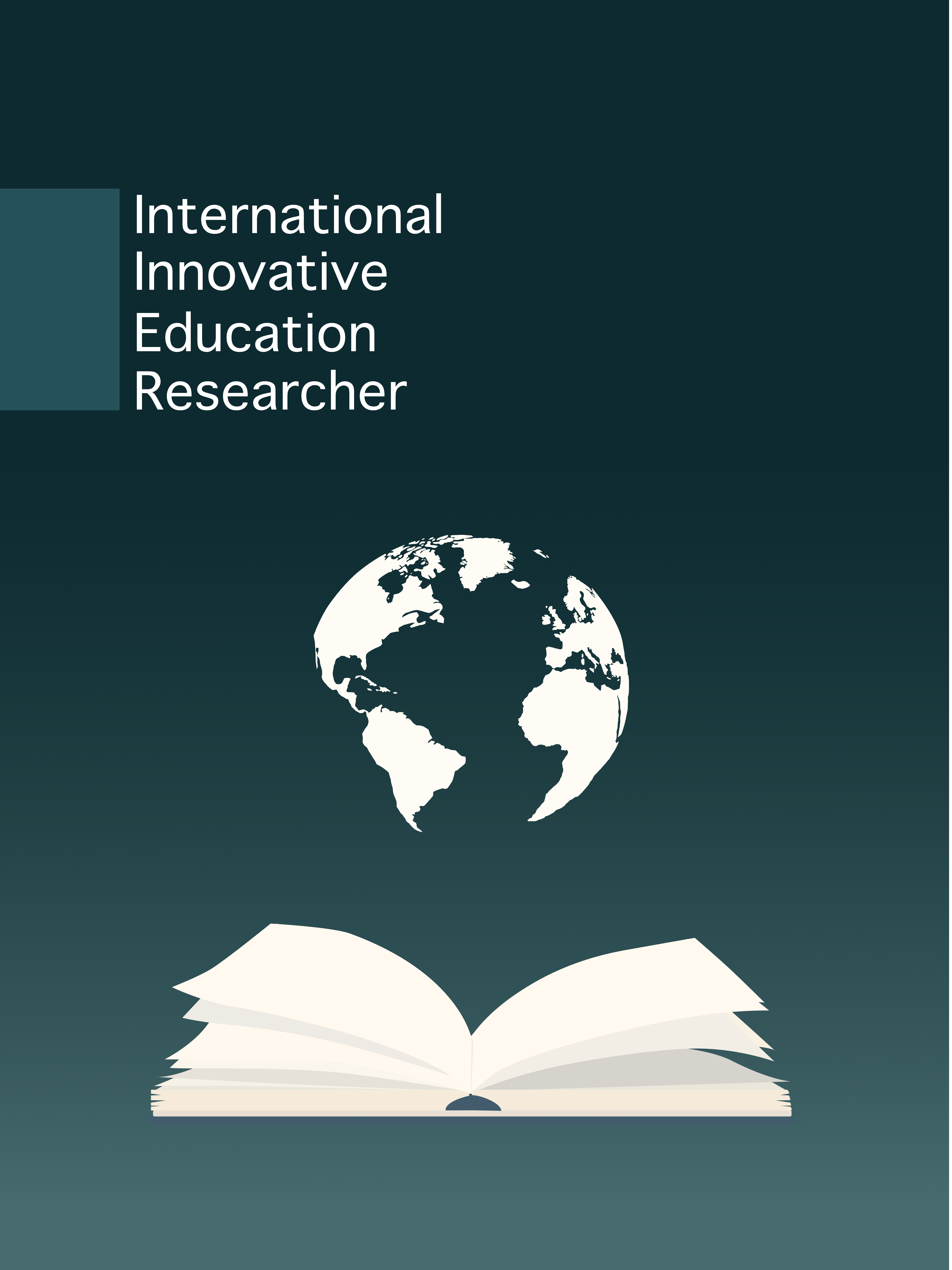ERGEN ÖĞRENCİLERİN FİZİKSEL AKTİVİTELERDE ALDIKLARI SOSYAL DESTEK DÜZEYLERİ İLE BİREYSEL VE SOSYAL SORUMLULUK DÜZEYLERİNİN İNCELENMESİ
Author :
Abstract
İnsan yaşamının her evresinde yakın çevresinde yer alan kişilerin desteğine ihtiyaç duyar. Bununla birlikte insanın da kendisine ve içinde yaşadığı topluma karşı sorumlulukları vardır. Fiziksel aktiviteler ise sosyal desteklerin oluşması ve sorumlukların gelişmesi için gerekli eğitsel ortamları sunması bakımından önemli görülmektedir. Bu çalışmada, ergen öğrencilerin fiziksel aktiviteler için aldıkları sosyal destek düzeyleri ile bireysel ve sosyal sorumluluk davranışlarının incelenmesi amaçlanmıştır. Araştırmada, nicel araştırma yaklaşımlarından ilişkisel tarama modeli kullanılmıştır. Araştırmanın örneklemini Türkiye’nin farklı illerinde öğrenim gören, yaşları 11 ile 18 arasında değişiklik gösteren %52,3’ü kadın, %47,7’si erkek toplam 1487 ortaokul ve lise öğrencisi oluşturmaktadır. Araştırmanın etik kurul izni Sivas Cumhuriyet Üniversitesi Sosyal ve Beşeri Bilimler Etik Kurulu Başkanlığı’ndan “04.12.2020 tarihli, 60263016-050.06.04-E.494575 sayılı” karar ile alınmıştır. Veri toplama aracı olarak; kişisel bilgi formu, Farias Junior ve arkadaşları (2014) tarafından geliştirilen, Küçükibiş ve Eskiler (2019) tarafından Türkçe uyarlaması yapılan 10 madde ve 2 alt boyuttan oluşan “Fiziksel Aktivitelerde Sosyal Destek Ölçeği” ile öğrencilerin bireysel sosyal sorumluluk düzeylerini belirlemek amacıyla Li ve ark. (2008) tarafından geliştirilen, Filiz ve Demirhan (2015) tarafından Türkçe uyarlaması yapılan 13 madde ve tek boyuttan oluşan “Bireysel ve Sosyal Sorumluluk Ölçeği” kullanılmıştır. Elde edilen veriler SPSS ve JAMOVİ istatiksel analiz programları kullanılarak değerlendirilmiştir. Araştırma neticesinde, fiziksel aktivitelerde alınan sosyal destekler ile bireysel ve sosyal sorumluluk düzeyleri arasında pozitif yönlü anlamlı bir ilişki olduğu tespit edilmiştir. Ayrıca sosyal desteğin bireysel ve sosyal sorumluluk davranışları üzerinde anlamlı yordayıcı etkisi olduğu sonucuna ulaşmıştır
Keywords
Abstract
At every stage of life, people need the support of those in their immediate vicinity. In addition, people also have responsibilities towards themselves and the society in which they live in. Physical activities are considered important in terms of providing the necessary educational environments for the formation of social supports and the development of responsibilities. In this study, it is aimed to examine the levels of social support that adolescent students receive for physical activities and their individual and social responsibility behaviors. Correlational survey model which is among the quantitative research approaches, was used for this study. The sample of the study consists of a total of 1487 middle and high school students (52.3% female and 47.7% male) studying in different provinces of Turkey, ranging in age from 11 to 18. The ethics committee permission of the study was obtained from the Ethics Committee of Sivas Cumhuriyet University's Board of Social Sciences and Humanities with the decision “dated 04.12.2020 and numbered 60263016-050.06.04-E.494575”. As a data collection tools, personal information forms were used in addition to the "Social Support Scale in Physical Activities" developed by Farias Junior et al. (2014), adapted into Turkish by Küçükibiş and Eskiler (2019), which consists of 10 items and 2 sub-dimensions and also, to determine the individual social responsibility levels of the students, The "Individual and Social Responsibility Scale", which consists of 13 items and one dimension, which was developed by Li et al. (2008) and adapted into Turkish by Filiz and Demirhan (2015), was used. The data obtained were evaluated using SPSS and JAMOVI statistical analysis programs. As a result of the research, it was determined that there was a positive and significant correlation between the social supports received in physical activities and individual and social responsibility levels. In addition, it was concluded that social support has a significant predictive effect on individual and social responsibility behaviors





